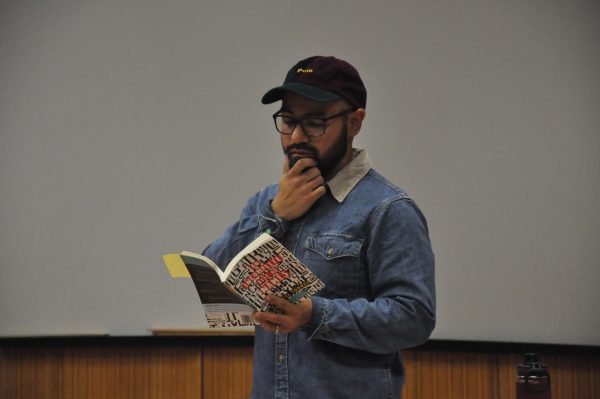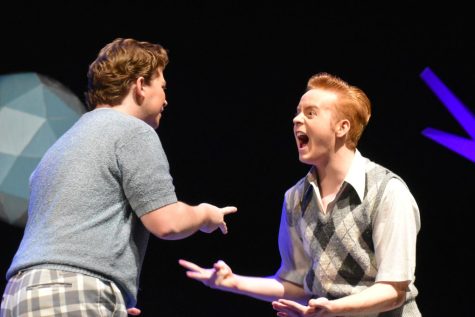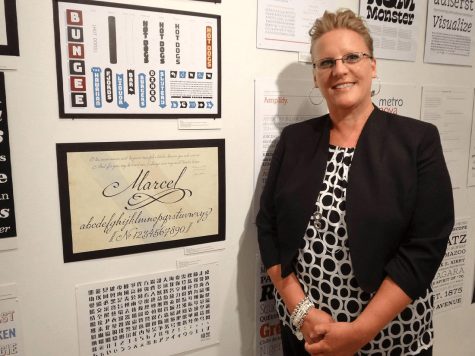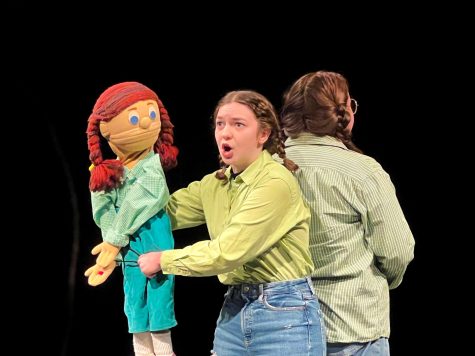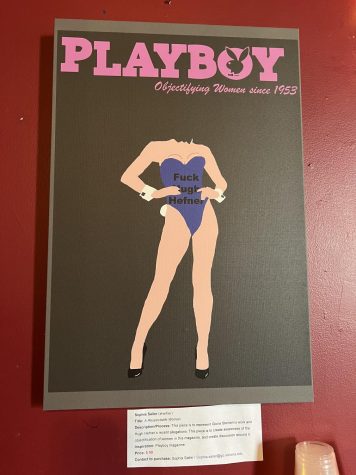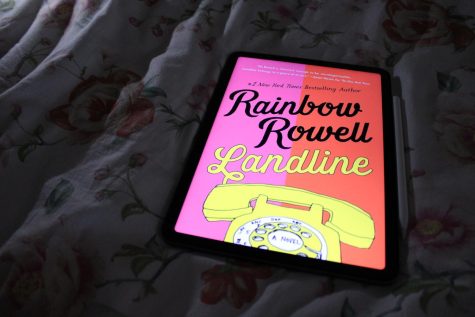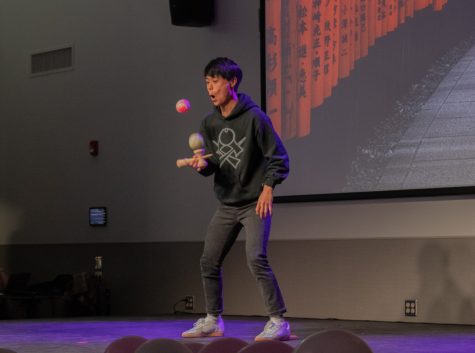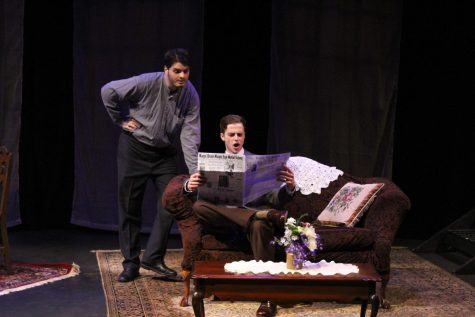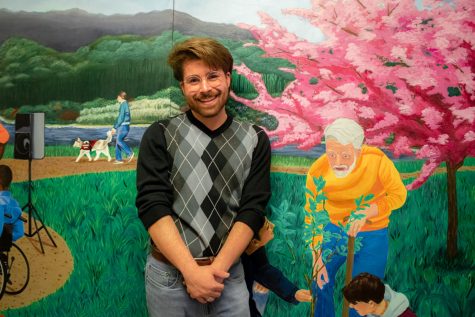Creative writing competition Winona Prize returns
October 6, 2021
The Winona Prize in Creative Writing, a yearly writing competition held by the Winona State University English department, has returned for its seventh consecutive year. Submissions for the competition are open until Nov. 19, 2021.
The Winona Prize is sponsored by Dennis and Dale Duran, in loving memory of their mother, Rosemary Duran. Rosemary, Winona State class of 1944, loved words and passed that down to her sons.
“There is nothing more enjoyable than a story well told,” Dennis Duran, Winona State class of 1970, said.
The competition offers the first-place winners of each category $1,500 and their work will be published in April 2022 in “Satori”, the Winona State annual literary magazine. The Winona Prize is open to any full-time Winona State student who is in good standing with the university and has taken at least one creative writing course.
The three writing categories are fiction, creative nonfiction and poetry. Submissions for fiction and creative nonfiction can be emailed to: [email protected]. For poetry, email submissions to [email protected]. Submissions must also include a cover sheet. For more detailed information on the guidelines of submissions, check the English department page on the Winona State website. (https://www.winona.edu/english/creative-writing-prize.asp).
Submissions are first judged by the English department faculty and the best selections are sent to the visiting judge of each respective category, each judge a distinguished writer in their specialty. Fiction will be judged by Shannon Olson, creative nonfiction will be judged by Kent Cowgill and poetry will be judged by Melissa Range.
Debra Cumberland is the English professor collecting the fiction and creative nonfiction submissions. Cumberland commented on how the Winona Prize is a great opportunity for students. Cumberland also encouraged students to take part in the writing competition.
“I think students should send in their best work, I think they should apply in multiple categories because why not?” Cumberland said. “You can’t win if you don’t apply.”
It is possible for students to win in multiple categories. Just last year, now graduate, Caitlyn Salinas won in the fiction category with her story “Santiago Perez Goes to the Moon” and in poetry with her poem “A Wake”.
Cumberland gave some tips for students to use to improve their chances of winning.
“Don’t just look and grab whatever is at hand, go through and revise it [your essay] before you submit it,” Cumberlands said. “Make sure that you’ve proof-read it, make sure that you’ve edited, make sure that you have it as good as you can before you send it in.”
Cumberland stressed the importance of not rushing your essay.
“One thing that is sad to see is essays or stories that have so much potential, and if the person who submitted it had only taken a little more time they may have won,” Cumberland said.
James Armstong has been an English professor at Winona State for 21 years and is currently in partial phased retirement. Armstrong said he will be retiring after next year. “My main gig is being the poet on staff,” Armstrong said. So it makes sense that he handles the poetry submissions for the Winona Prize.
Armstrong noted how the judges want to see poems that demonstrate the student’s experience in the category.
“They [the judges] are going to want to see poems that show them that you’ve read contemporary poetry and that you have some idea of what that world is like. Show that you’ve read in the genre you’re submitting to,” Armstrong said. “You don’t want to just put in your high school poems cause they probably won’t like that.”
Armstrong also commented how the Winona Prize reflects well on the prestige of Winona State’s English department.
“[The $1,500 prize] speaks to the quality of our creative writing program,” Armstrong said. “If we didn’t have a good program I don’t think [Dennis and Dale Duran] would be willing to give that much money.”
Morgan Reddekopp was a runner-up in the poetry category with her poem “In Between” from last year’s Winona Prize. Reddekopp graduated from Winona State with a creative digital media major and double-minored in journalism and creative writing in Dec. 2020. Reddekopp commented her opinion on the Winona Prize.
“I think it is a great opportunity for English majors and minors to get their writing out there and to have it be looked at by both professors and the guest judge,” Reddekopp said. “It really changes the way you look at your writing because you are forced to look at it in a kind of professional light.
Armstrong encouraged all students to take part in the Winona Prize in Creative Writing competition.
“Everybody should give it a try, it’s free. Most prizes you have to pay at least a small amount to enter,” Armstrong said. “Take advantage of this, you never know who is going to win. It’s not costing you anything so go ahead and do it.”
Winners for the Winona Prize will be announced in Feb. 2022.





























































